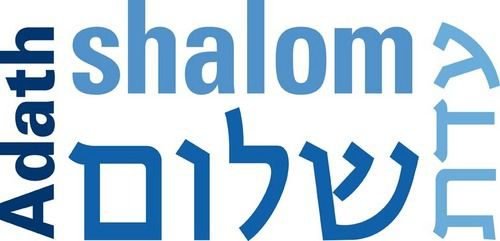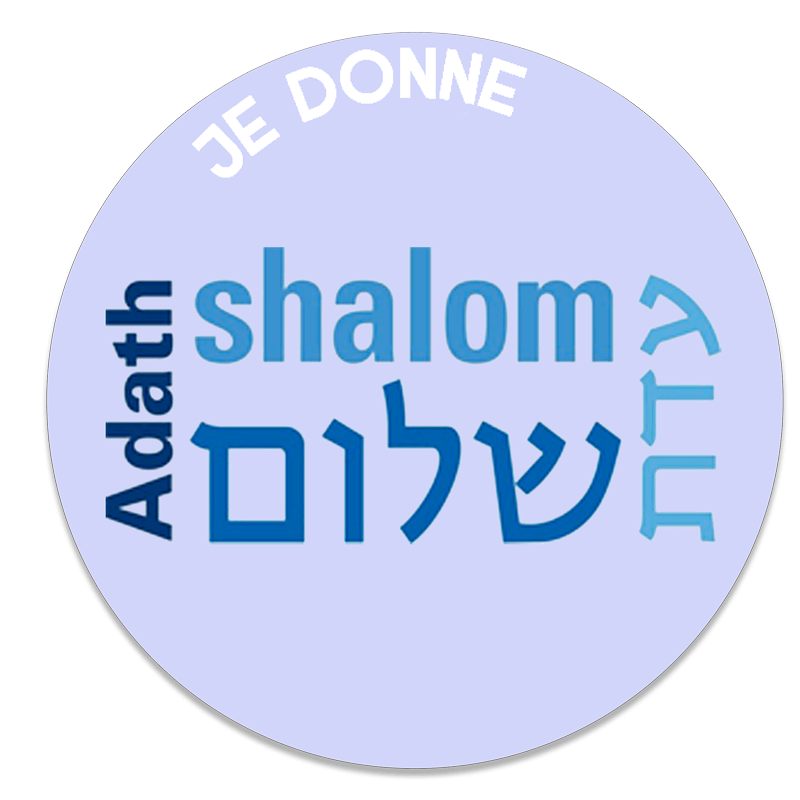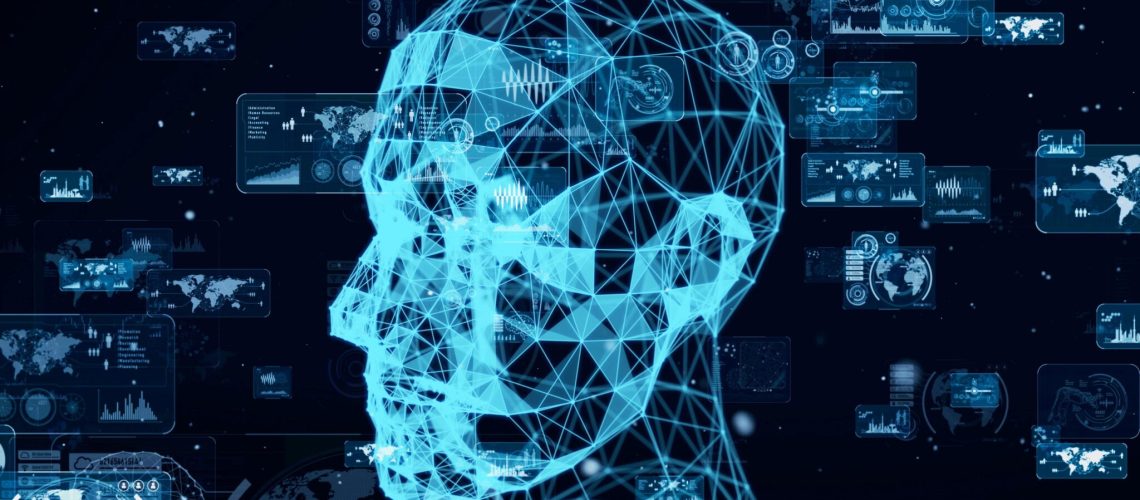Parasha Vayechi 5783 by Josh Weiner
Rabbi of the future?
“Joseph and Jacob both placed their faith and trust in something larger than themselves. For them, it was God. But even if we do not believe in God, we can still find value in the idea of placing our trust in something larger than ourselves, whether it be a set of values, a community, or a higher power.
May we all be inspired by the perseverance, determination, forgiveness, and faith of Joseph and Jacob, and use these lessons to guide us through our own challenges and setbacks. Amen.”
I have to admit that everything I said until now was not written by me, but by an artificial intelligence algorithm. Maybe you guessed that when I said ‘Amen’. I instructed it to write a short sermon about this paracha appropriate for contemporary Jews in France. In a few seconds, it wrote a long sermon with lots of cliches, some jokes, some banalities, some interesting insights, and I quoted just the last paragraph here. I asked it to write a poem on the relationship between Joseph and his brothers in the style of Arthur Rimbaud, and then asked it to resolve contradictions between different verses in Genesis, and then asked it to create a conversation between Rebbe Nachman of Breslov and Napoleon. The results were fascinating. Then I asked it some everyday rabbinic questions: what psalms are appropriate to say on the loss of a child, what should one do if they accidentally mixed their chicken soup with a dairy spoon, and how to prepare a Sheva Brachot dinner. The results were really not bad. I was a bit scared at this point, and asked it whether artificial intelligence could ever replace human rabbis. It promised me that there were some human qualities and relationships that could never be replaced by machines.
I hope this is true. Actually, I know this is true. A rabbi knows that when somebody comes with a question, there is always a question behind the question, and with their answer they hope to reveal and discuss this bigger question, which often never has a clear answer. It really usually is the relationship, more than the knowledge. But that’s not to say that artificial intelligence won’t change the job of a rabbi, just as it will change most intellectual fields in the next months and years. Children can already ask the algorithm to write their homework, and can even ask it to write it in a style that can’t be detected by plagiarism software. So the whole education system will have to re-adapt, either to detect human writing, or to teach skills like how to ask good questions. The same can be said of the work of doctors, lawyers, judges, researchers and every intellectual field. For rabbis, it’s probably not so bad that an algorithm suggests possible answers from the corpus of Jewish knowledge. But how to apply it, what to tell who, that is the daunting responsibility that remains.
Jacob’s blessings
We come back to our parasha, and to a cryptic verse – and I promise, this is me speaking now and I’m not using the computer programme ever again in a dracha! When Jacob starts to bless his sons, he says “Gather close to me, and I will reveal to you what will happen at the end of days.” In fact he doesn’t do this. The first blessings are descriptions of the characters of his sons, and are actually more similar to curses than blessings. There are no explicit mentions in the chapter of what will happen at the end of days. So why did Jacob say that? Rashi, based on the Talmud, says that Jacob changed his mind. He wanted to reveal a prophecy about the future, and he lost his ability to prophesy at that moment, so he started talking about other things. Knowing all the information wasn’t what the twelve children needed at that point. He could have told them about the centuries of slavery in Egypt that were going to come, and the Exodus, and the battles, and the construction and destruction of the first and second temples and so on. But it seemed that the Chekhina, or wherever the power to make prophecies comes from, didn’t think that information was what they needed. Shimon and Levi needed to be reminded about their violence, Reuven needed to be reminded about boundaries, Joseph and Judah needed to be inspired to become responsible rulers. I’m sure they wanted to know facts, but Jacob tells them what they need to hear – the truth.
This relates to what Annaelle described, the heritage promised by Jacob to his grandchildren, who had continued in his path. The exact chronology of what happens in this story at the beginning of the paracha, when he meets them and how old they are, is not clear at all. But at some point, Jacob looks at the two children and says Mi ele, “Who are these?” He doesn’t immediately recognise them as his grandchildren. According to some commentators, it’s because they were wearing Egyptian clothing. You’re probably right Annaelle that their success was not assimilating into the polytheism around them, but they are also not identical to the culture their grandfather knows. Continuity here isn’t about being a copy of earlier generations. The bat mitzvah you are celebrating today is inspired by your grandfather’s in 1941, but I am sure that he could not imagine you doing what you did today, as a strong independent knowledgeable committed proud Jewish woman. Jacob’s blessing to them is about future generations: that future parents bless their children by recalling Efraim and Menashe. In a way this is about linking the generations. But it also provides a model for independence: may every generation be as different from their grandparents as Menashe and Efraim were from Jacob.
Judaism will continue to develop, as it always has. This is our tradition. Rabbis will play with artificial intelligence machines while attempting to give answers to the questions behind the questions. We’ll receive the blessings we need, rather than those we want.




